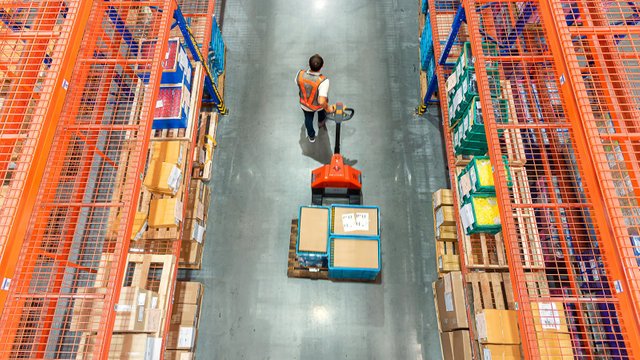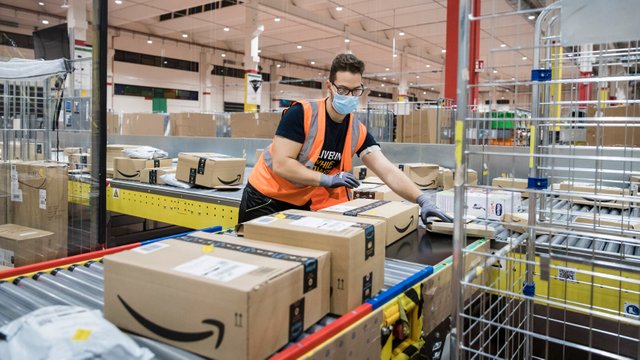After the apparent normalization in times of decreasing deaths due to the coronavirus pandemic, both producers and the industrial sector are living a complex situation after a year in which the fall in consumption and demand for staple products continued to worsen and was met with phenomena such as hyperinflation, reasons that have generated a kind of systemic chaos, where the distribution chains have also been failing.

In accordance with this reality, industrial food production companies face severe problems that need to be analyzed in order to create tools and strategies that allow organizations to face them.
The food production industries face a discouraging panorama due to the scarcity of raw materials, the damages caused by the pandemic and the flexibilization system approved in times of pandemic, and in the case of Venezuela the situation is even worse due to the constant electricity rationing, the diversity of foreign currency sales, informal cheese production, and unfair competition.
Among other factors that have an impact on the increase of risks and therefore on business stability. In accordance with the above, it is essential for companies to know and analyze the risks presented by the activities they carry out.

In a volatile environment such as the one we live in today, where there are many threats and opportunities, there is less and less room for maneuver. Such a scenario forces organizations to examine risks in order to create strategies that provide insight into both the negative and positive effects that uncertainty could have on business objectives. In Latin America, almost half of the companies do not identify, analyze or evaluate emerging risks, which generates greater failure in organizations.